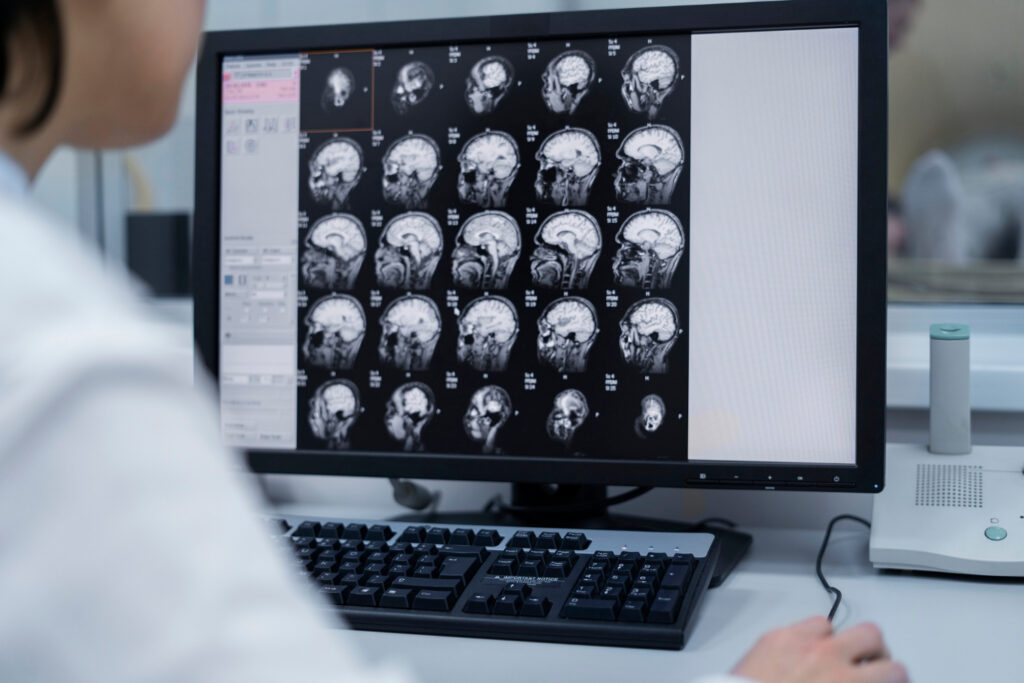How can you support a loved one after a serious injury?

Collaborative Post
Serious injuries can happen to loved ones without a moment’s notice. An accident in the street, or an unexpected altercation, can have life-altering results with no warning. Knowing what to do in these situations can be difficult, but you nonetheless know how important it is to support your loved one through such a traumatic event.
Head injury charity Headway reports that brain injuries – amongst the most serious injuries you can suffer – are on the rise. Over 350,000 hospital admissions for ABIs (acquired brain injuries) occurred in 2019-20, being a 12% increase with respect to similar figures from the mid-2000s.
Though these are not the only serious injuries that might require extensive support, they are a useful lens through which to examine what support might look like. The increasing commonality of head injuries is also a cautionary statistic, that should raise awareness of just how close we can be to life-changing events.
Research
In supporting a loved one after injury, it is first important to understand as much as you can about the injury itself. Brain injuries, for example, are wide-ranging in nature, with different types of injury resulting in extremely different symptoms and long-term effects. For example, a diffuse axonal injury can pose different challenges to a penetrating head injury. With adequate knowledge of the injury, its treatment and its specific challenges, you are better-placed to provide the right assistance at the right time.
Logistics
One of the more fundamental ways in which you might help your loved one through their injury, no matter what it is, would be to help in organising necessary appointments and consultations for recovery. An injury might be painful enough as to render seeking help difficult.
This would mean calling doctors, specialists and physiotherapists on behalf of your loved one, to book appointments; it might also mean ensuring they make it to said appointments, by driving them or by accompanying them on public transport. Handling timings, schedules and recovery roadmaps for them can help relieve pressure in all the right places.
Treatment and Litigation
In a similar manner, you might take responsibility for the administration of any treatments alongside navigating the healthcare system. At the same time, you might look for avenues by which your loved one can receive justice and compensation, especially where an accident no fault of their own caused their condition. In cases such as brain injury claims, the compensation awarded can cover special accommodations and lost wages as well as physical ‘damages’.
Rehabilitation
Finally, recovery does not always immediately occur after treatment. For many serious injuries, recovery is an on-going and long-term process – throughout which your loved one will undoubtedly need support and assistance. This might be as simple as keeping them accountable to rehabilitative exercises, or to keep their morale up during a difficult moment in their recovery.
Image by Freepik

